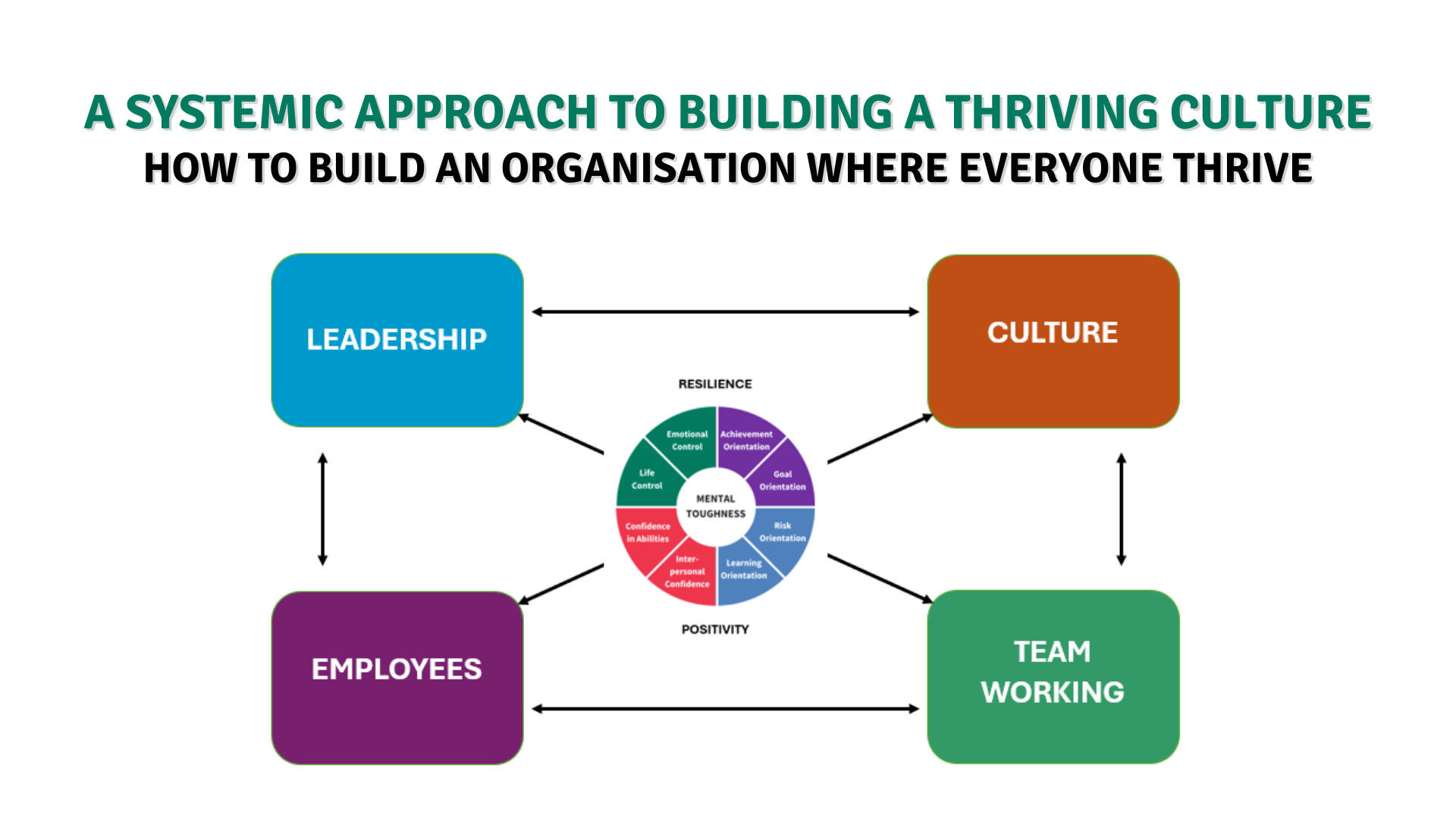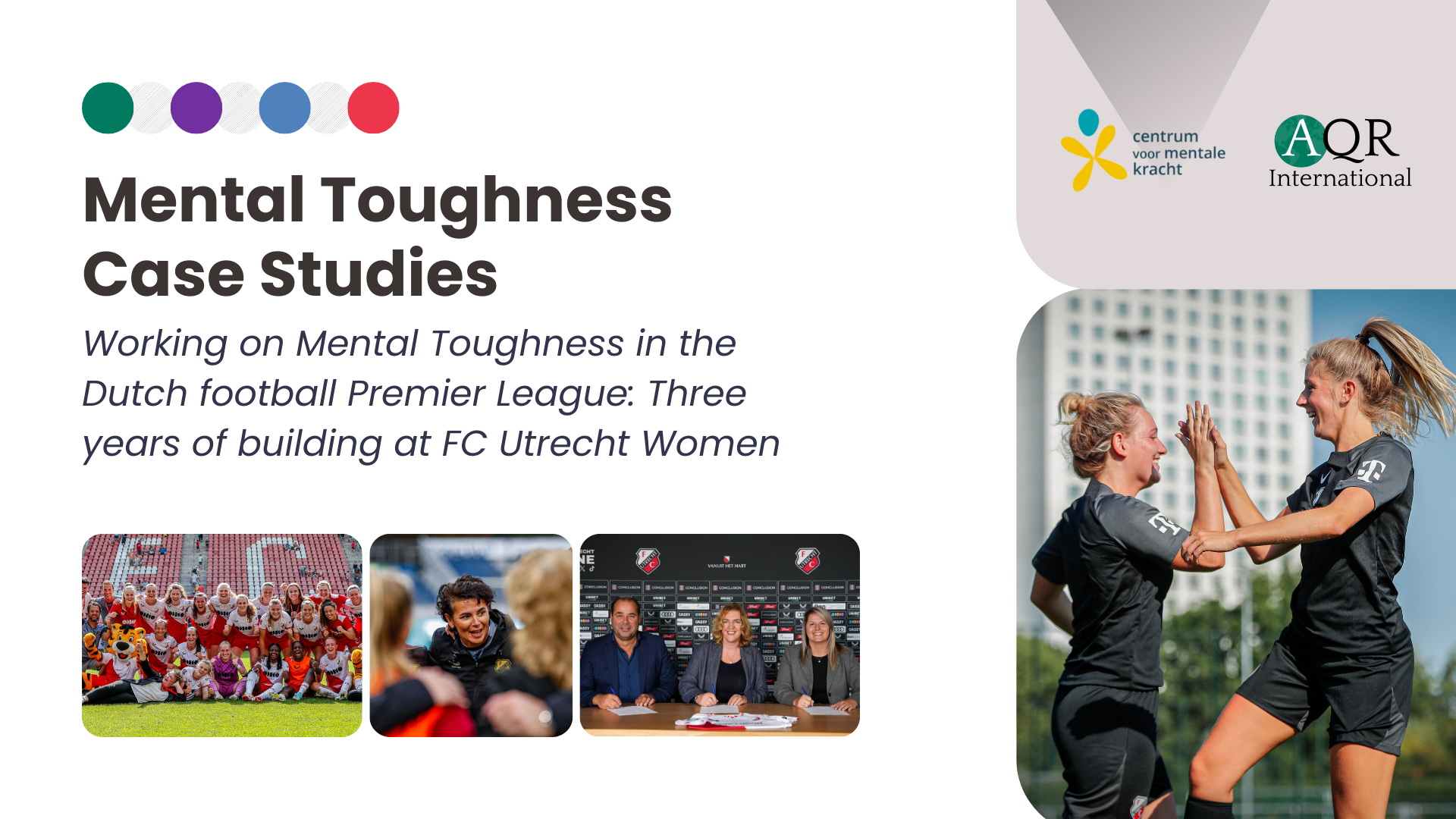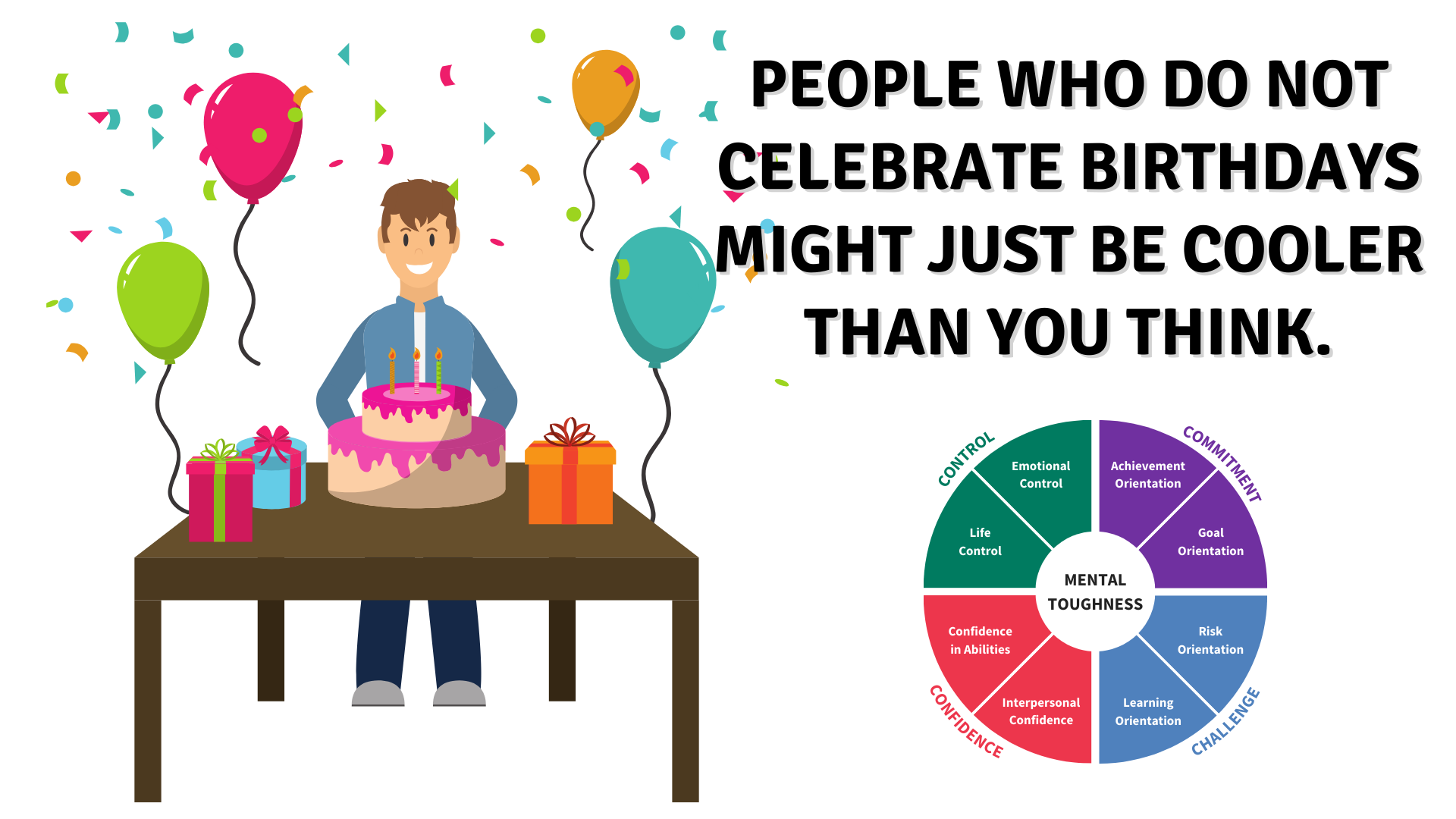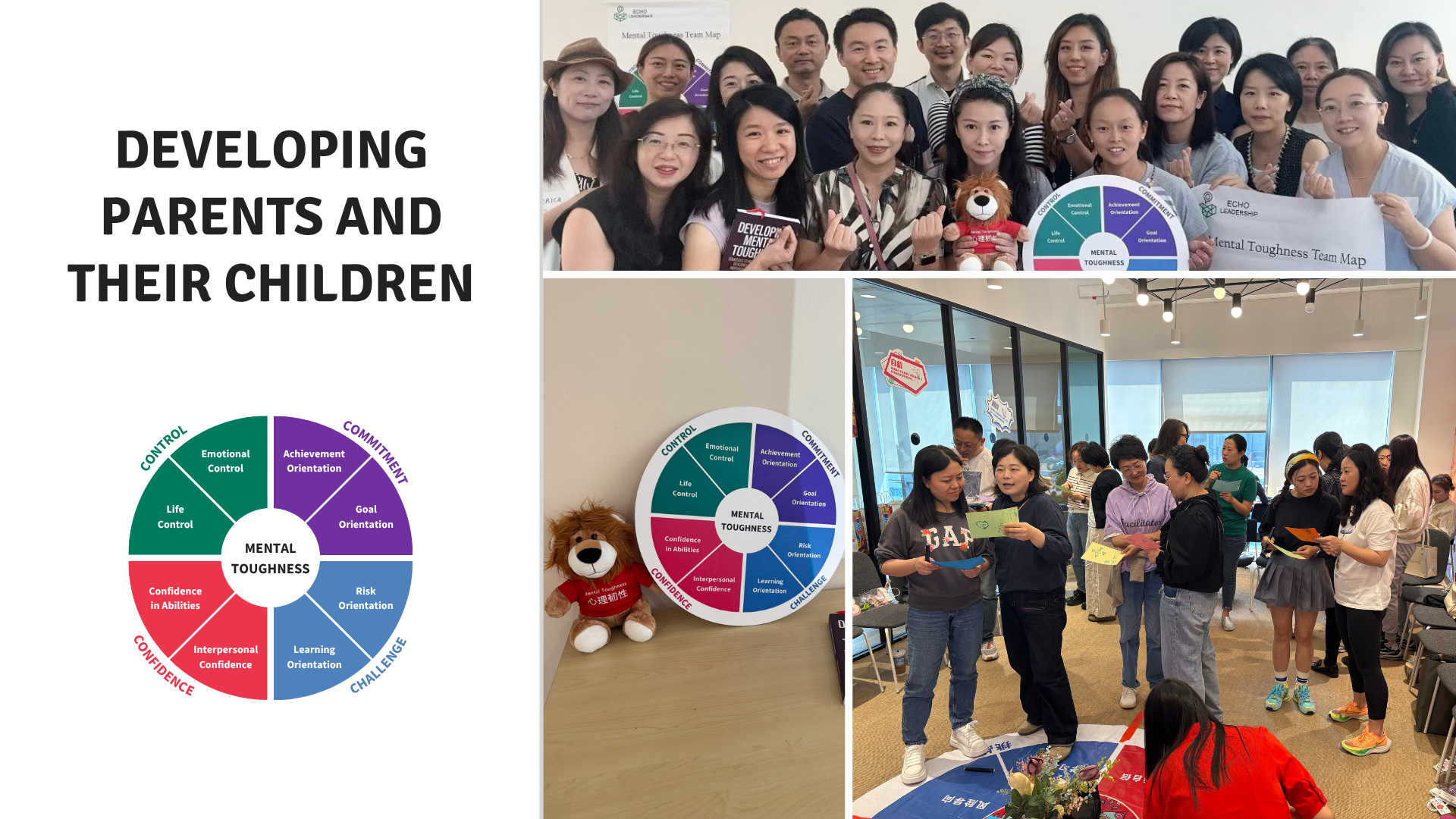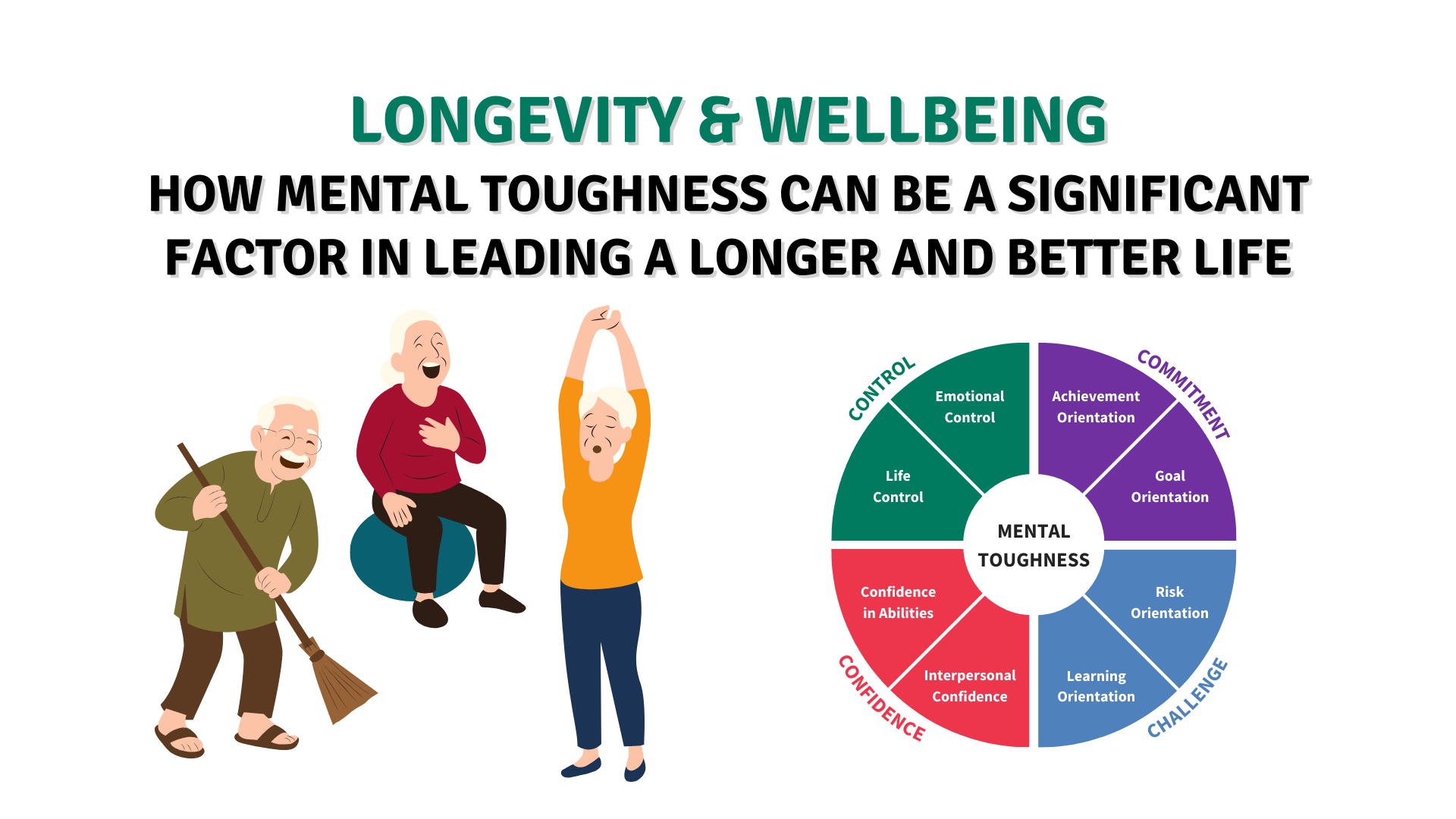AQR in Health
The applications of mental toughness and assessing mindset in patient care is emerging as another area of application of our assessments
Firstly understanding patients and targets groups better so that interventions and treatments can be directed more effectively. Secondly, identifying how individual behaviour leads to waste and inefficiency.
There are number of strands:
- General Health – Diet and Fitness. On-going work suggests that, statistically, the greater the level of mental toughness the more likely an individual is to eat carefully, maintain fitness and good fitness regimes. Either or both will correlate with factors like (avoidance of) obesity
- Self-Care/Self-Medication – A significant % of people do not adhere properly to self –medication routines. This leads to waste of medications & treatments and patients going back into the system) tying up resources. Assessment of the mental toughness of service users so that the care manager or adviser can offer more appropriate advice on which form of intervention would support the user in completing a course of treatment.
- Chronic Disease Management – Many conditions/diseases do not have a cure as such. Patient care is very often based upon an ability to make positive, beneficial and sustained changes to lifestyle and behaviours. Mental toughness can assess an individuals openness to change and learning new behaviours
- Mental Health – On-going research is examining the relationship between mental toughness and mental health conditions such as eating disorders.
- Addiction – this is also an area where mental toughness can bring fresh insight and much more effective interventions. Pilots are underway to examine the relationship between an individual’s mental toughness and their capability to give up smoking.
- Recovery from operations – Patients recovering from operations vary in duration of stay in hospital – thereby potentially tying up hospital beds. MTQ could be very useful in assessing the mindset of patients prior to surgery/treatment. Patient care could include preparing the patient before and after for optimum post operation stays.
- Carers – Caring for others can be a stressful task and mental toughness development can equip carers with tools and techniques to better cope with this stress and maintain a positive outlook.
- Getting people in care back into own home – Of increasing interest. Wellbeing is higher if people can stay in own homes and it is likely this is less expensive than other options. This will be increasingly important as the population ages.

